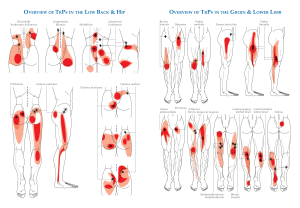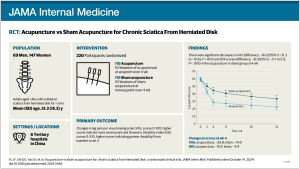How To Be Helpful After Your Child’s Spine Surgery

Category: | Author:
We all want what’s best for our children, and if they are set to undergo a surgical procedure, you want to do everything you can to ensure their surgery and recovery go as planned. You may not have much control over the operation itself, but you certainly can be helpful once your child is focused on their recovery. In today’s blog, we share some tips for how you can be the most helpful following your child’s spine surgery.
Helping Your Child After Spine Surgery
Looking to be helpful after your child’s spine surgery? Here are some things to keep in mind.
- Doctor Knows Best – We know that you want what’s best for your child, but you need to trust the surgeon when it comes to what’s best for the patient. If they order early physical therapy or want them up and moving shortly after the procedure because that’s what’s going to help your child make the strongest recovery, trust that they have your child’s best interest in mind. We’re more than happy to answer any questions that you might have about why we’re recommending certain rehab techniques. We’re all on the same page, but it may not always be obvious why we’re recommending a specific exercise or rehab technique, so ask questions instead of telling your child that they don’t need to follow through on a recommendation.
- Don’t Baby Them – This one can be a little difficult because nobody wants to see their child uncomfortable or in pain, but the fact of the matter is they will experience some discomfort after surgery. This is normal and part of the recovery process, and it’s important to remember that this discomfort can’t always be used to get out of things like therapy or their rehab exercises. Your child isn’t going to make a full recovery by lying in bed all day, so don’t let them do that because they are uncomfortable. You don’t need to push them outside of their physical restrictions, but encourage them to do their exercises and follow through with the doctor’s recommendations. If you allow your child to miss follow-up appointments or PT sessions because they don’t want to go, both your child and their recovering spine will suffer because of it. Give them a little push from time to time with their recovery.
- Be A Voice Of Encouragement – You are probably already your child’s biggest cheerleader, and you should continue to be so during their recovery. Let them know that you see the progress that they are making, or that you are proud that they are taking the initiative to do their daily physical therapy exercises on their own. Being uncomfortable and physically limited after surgery can be mentally and physically draining on a child, so these words of encouragement carry more weight than you realize. Be a positive voice in your child’s ear during their rehab.
- Take Notes – If you sit in during pre-op, post-op or physical therapy appointments, bring a piece of paper and pen to take notes. It’s hard to take in all the information that the doctor is relaying, and having a second set of ears that is also taking notes is helpful. Your notes can also act as a handy reference point if you or your child have questions later on during rehab.
- Medication Management – Finally, you can also help make sure that your child takes any medication or painkillers as recommended by the physician. There is a decent chance that any pain medication they receive is stronger than anything they’ve had in the past, and even if they are old enough to drive themselves to school, you still may want to oversee medication disbursement so that they aren’t at risk for accidental abuse.
Keep these tips in mind and trust your child’s care to Dr. Sinicropi and the team at The Midwest Spine & Brain Institute, and we’re confident that your child will be able to make a quick and strong recovery after spine surgery. For more information, or for help with a different back or neck issue, give Dr. Sincropi’s office a call today at (651) 430-3800.
Related




